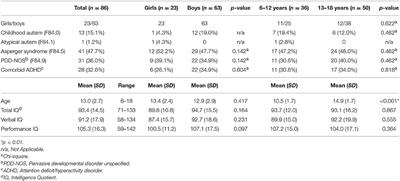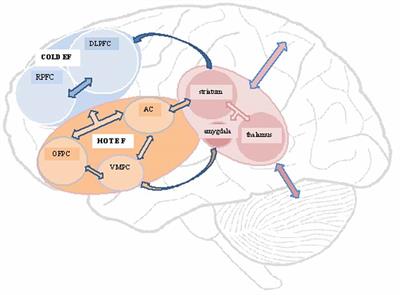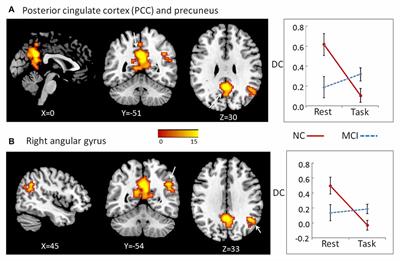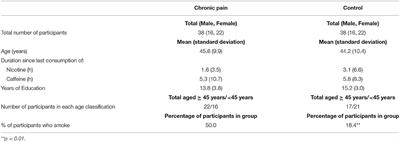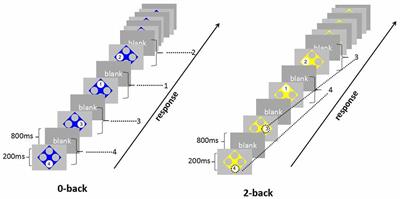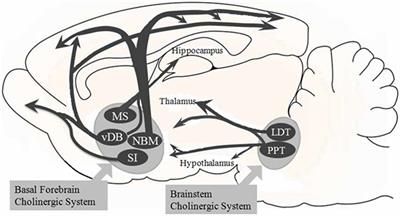EDITORIAL
Published on 08 May 2018
Editorial: Executive Function(s): Conductor, Orchestra or Symphony? Towards a Trans-Disciplinary Unification of Theory and Practice Across Development, in Normal and Atypical Groups
doi 10.3389/fnbeh.2018.00085
- 2,986 views
- 4 citations
